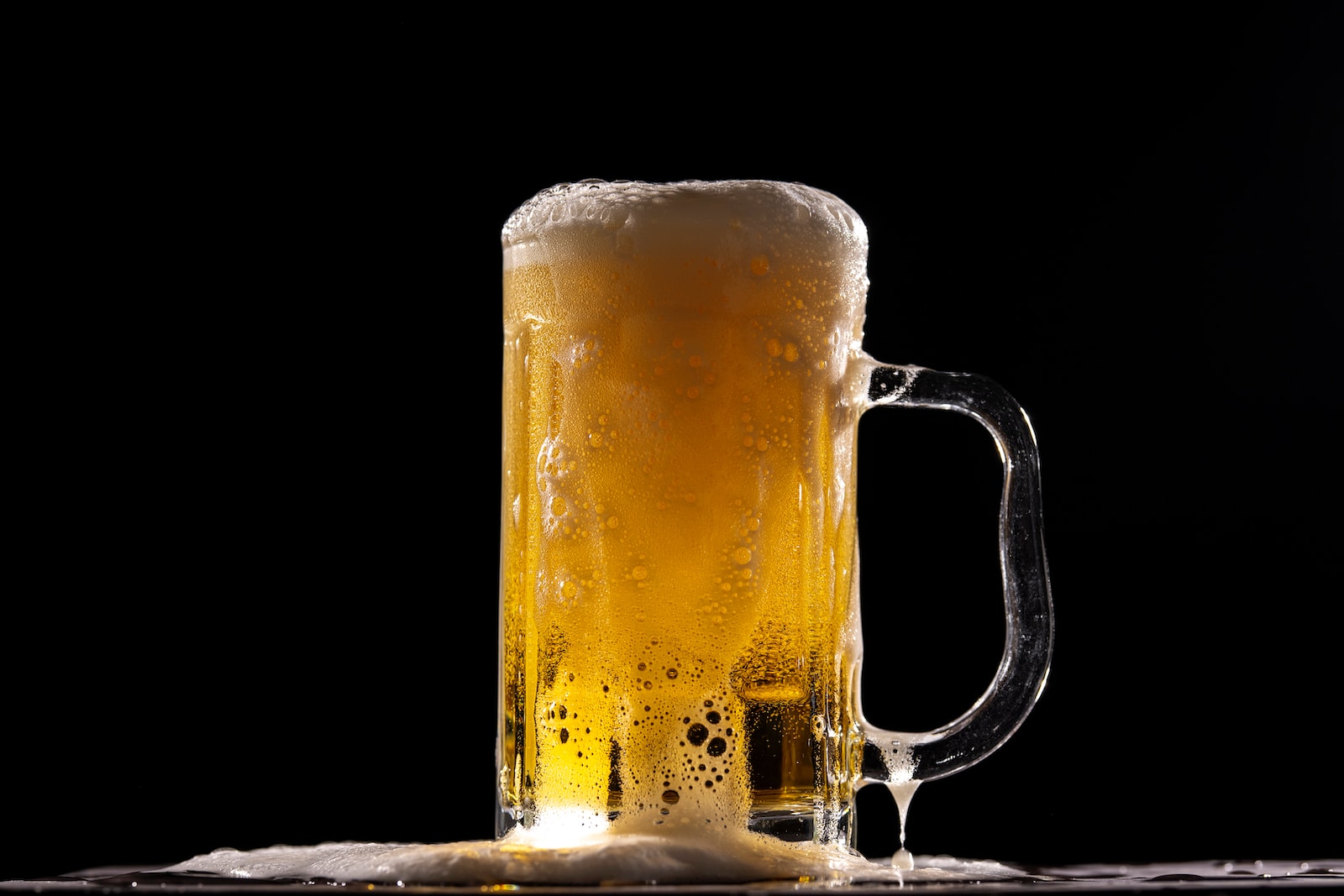
Photo by engin akyurt on Unsplash
US Beer Industry Faces Its Worst Point in 25 Years
December 28, 2023
The beer industry is undergoing what appears to be a significant transformation. Current trends suggest that the industry’s U.S. shipments will fall to their lowest level in a quarter-century by the end of the year. This prediction draws from recently published data by Beer Marketer’s Insights, a firm renowned for its comprehensive tracking of the beer and beverage industries. Its findings, which come from collecting shipment data from the first three quarters of the year, show a worrying decline of more than 5% compared to the corresponding period in the previous year, according to the Wall Street Journal.
According to industry analysts, it’s not just the overall consumption trends that are affecting the beer market. Socio-political factors have also managed to disrupt the industry. This was evident when Bud Light, one of the nation’s beloved beer brands, became the target of a boycott call from some conservative and anti-LGBTQ+ factions. This backlash from loyal customers and general consumers was triggered by Bud Light’s promotional campaign in partnership with a trans-influencer, Dylan Mulvaney. The aftershocks of these actions reverberated through the company, causing the marketing executive who initiated this partnership to take a leave of absence. Furthermore, Bud Light saw its sales dwindle, registering a 17% drop in the week of April 15 compared to the same week in the prior year.
With the unfolding of these events, Bud Light was dethroned as the best-selling beer brand in the U.S., a title now held by Modelo Especial. However, it would be misleading to frame this as a solitary struggle faced by Bud Light. The market-wide preference for beer started noticeably dwindling well before this controversy struck.
In recent years, America’s drinking habits have been influenced by the rise of alternative beverages, such as hard seltzers. Their popularity was sparked by brands like White Claw and Truly, which have successfully managed to carve out a significant market share. But the decline in beer consumption isn’t just about shifting tastes — it’s also about societal and generational changes. Alcohol consumption, in general, is being reevaluated, particularly by younger Americans. Gen Z, for instance, is demonstrably drinking less than other generations.
This change was quantified in a 2021 Gallup poll, which revealed that only 60% of individuals ages 18 to 34 reported drinking alcohol, as opposed to 70% of those ages 35 to 54. The poll also highlighted a trend of decreased alcohol consumption across all age groups. The average dips down to 3.6 drinks a week from 4 in 2019 and 5.1 in 2003.
Recent News
NRF Declines SHEIN’s Membership During Retailer’s US IPO Pursuit
SHEIN has made multiple attempts to join the National Retail Federation (NRF) but has been consistently denied membership.
ChatGPT’s Latest Model GPT-4o Is More Human-Like
The latest version of the AI chatbot, utilizing OpenAI’s latest flagship AI model GPT-4o, has the ability to reason across audio, vision, and text seamlessly.
Red Lobster Abruptly Closes Dozens of Locations
Red Lobster has been struggling, financially, since the pandemic.
Major Airlines Sue Biden Administration Over ‘Junk Fees’ Rule
Several airlines have issued a lawsuit against Biden’s DOT for the new “junk fees” rule.


